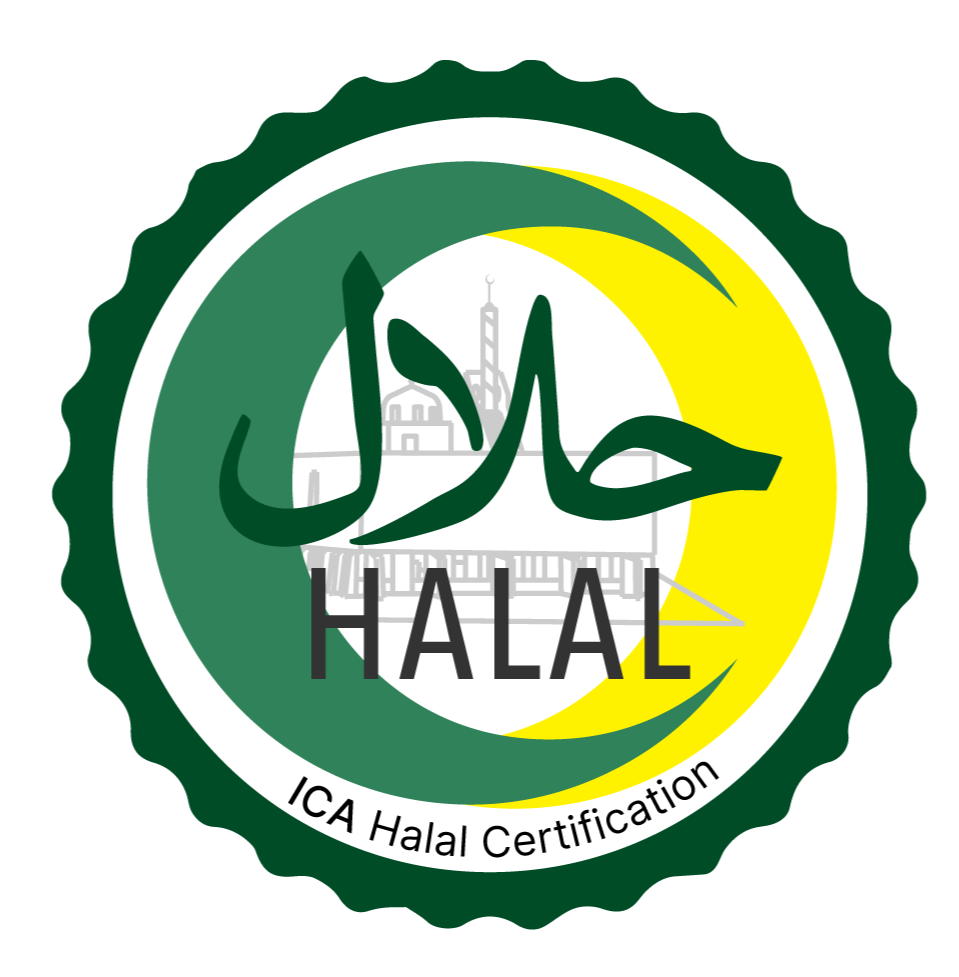Understanding Halal certifications in the UK is essential for both consumers who follow halal dietary rules and businesses that want to serve the Muslim community. This guide breaks down what halal means, why certification matters, how it works, and what to look out for.
Table of Contents
What Does Halal Mean?
The word Halal means “permissible” in Arabic. In Islam, halal refers to things that are allowed according to Islamic law (Shariah). This includes food, drinks, and even the way products are made.
When it comes to food, halal rules are very clear. For example, animals must be slaughtered in a specific way, and no alcohol or pork can be present in the process.
Why Halal Certification Matters
Many people in the UK follow a halal diet for religious reasons. For them, halal certification is a way to trust that what they are eating meets Islamic guidelines.
On the business side, having halal certification shows that a product or service is suitable for Muslim customers. This helps build trust and opens doors to a large and growing market.
How Halal Certification Works
To get halal certified, a company needs to follow strict rules. These are usually set by a halal certifying body. The process includes:
- Application: The business applies for certification.
- Inspection: Inspectors visit the site to check ingredients, processes, and hygiene.
- Review: The certifying body checks all documents and inspection reports.
- Approval: If everything meets the standards, a certificate is issued.
- Ongoing checks: Regular audits are done to make sure the rules are still being followed.
Some products, like meat, need extra checks. The slaughterhouse must also follow halal rules.
Who Issues Halal Certificates in the UK?
There are several recognised halal certification bodies in the UK. Each one has its own standards, but most follow similar rules based on Islamic teachings. Some well-known certifiers include:
- Halal Monitoring Committee (HMC)
- Halal Food Authority (HFA)
- Halal Certification Europe (HCE)
These organisations inspect food outlets, slaughterhouses, manufacturers, and even cosmetic companies. They make sure halal claims are genuine.
What Products Can Be Halal Certified?
Many products can be certified as halal. It’s not just about meat. Common examples include:
- Fresh and processed meat
- Ready meals and snacks
- Sweets and bakery items
- Dairy products
- Beverages (non-alcoholic only)
- Cosmetics and skincare
- Cleaning products
Even packaging materials and cleaning agents used in production are checked to make sure they don’t affect the halal status.
How to Spot a Halal Certified Product
Halal certified products usually carry a visible logo from the certifying body. This logo tells the consumer that the product has passed the necessary checks.
However, not all halal labels mean the same thing. Some may just be claims without proper proof. That’s why it’s important to check the name of the certifying body and verify if it’s trustworthy.
If you’re not sure, you can usually visit the certifier’s website to check their list of approved products and businesses.
Halal Certification and Business Growth
For food producers, restaurants, and supermarkets in the UK, halal certification can be a smart move. Here’s why:
- Reach a wider audience: The Muslim population in the UK is growing, and so is the demand for halal products.
- Build trust: Certification adds credibility and shows your commitment to quality.
- Open new markets: Many countries require halal certification for imports, especially in the Middle East and Asia.
Having the right certification can help your business grow both locally and internationally.
Is Halal the Same as Kosher?
While halal and kosher have some similarities, they are not the same. Both follow religious guidelines, but the rules and methods are different. A product that is kosher is not automatically halal, and vice versa.
It’s important for businesses and consumers to understand this distinction and not assume they are interchangeable.
The Future of Halal in the UK
With more people seeking clear, reliable information about the food they eat, halal certification will likely become even more common. Demand for halal-certified non-food products like cosmetics and medicines is also increasing.
Technology may also play a bigger role in the future. Apps and websites already exist to help shoppers find halal products, and digital certification tracking is becoming more popular.
Study Food Standards & Certifications Abroad
Interested in a career in food safety, compliance, or nutrition? Studying food science and certification systems abroad can be a great opportunity. Many European countries offer English-taught programmes that explore global food laws and international standards.
Whether you aim to work in food production, retail, or policy, these courses offer valuable skills for a growing industry.
Final Thoughts
Halal certification in the UK helps create trust between producers and consumers. It ensures that food and other products meet the ethical and religious standards expected by Muslim communities. For businesses, it opens up new markets and helps them stand out in a competitive field.
If you’re a consumer, always look for Halal Certification For Cosmetics in UK
certification logos. If you’re a business, consider the value that halal certification could bring to your brand.



